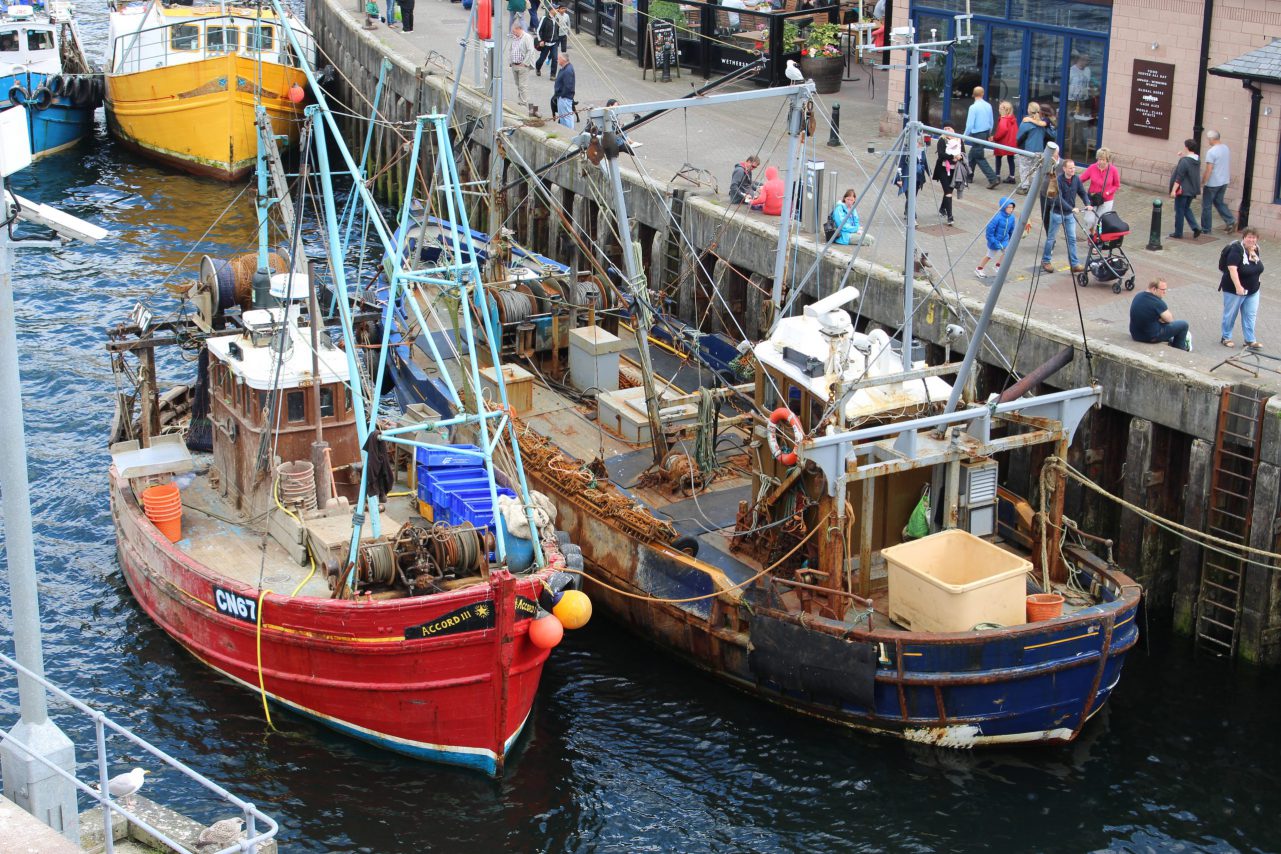Scottish Research and Innovation Futures: Addressing our climate emergency

The climate emergency and major environmental challenges are to be discussed today at the third workshop in a series of meetings delivered in partnership between KTN and Research Innovation Scotland (RIS).
The series aims to influence policy makers and funders about where funding should be directed, in alignment with Scotland’s research and innovation strengths and the UK’s key challenge areas.
Following events held earlier this year exploring health and wellbeing, particularly as we emerge from the pandemic, and a session on digitalisation and sustainable manufacturing, attention now turns to our climate and the environment.
Today’s workshop (7 September), will focus on prioritisation for landscape planning and economic recovery driven by the UK’s Net Zero ambition. This will include examining relative benefits of sustainable and innovative technologies to reduce GHC emissions, such as wind and wave power, waste reduction, circular economy and agricultural methods, while promoting a blue-green recovery. The workshop will compare spatial planning and land use policy approaches across terrestrial, transitional, and marine landscapes and consider “translational benefits” and the sharing of expertise.
Commenting together, the workshop co-chairs Professor David Paterson, Executive Director of the Marine Alliance for Science & Technology for Scotland (MASTS), and Professor Mark Inall, Scottish Alliance for Geoscience Environment and Society (SAGES) Director said:
“It is often the case that translation of expertise across disciplines is slow and hampered by a lack of clear pathways of communication. The Scottish Research Pools through Research Innovation Scotland, wish to promote cooperation across boundaries to help address the challenges of climate change. In this workshop we will explore challenges and developments across traditional boundaries, landscapes and disciplines and examine the next steps in progress towards Net Zero ambitions.”
Speaking for KTN is Chris Bagley, Head of Infrastructure and Clean Energy, who said:
“We’re proud to be working with Research Innovation Scotland to deliver this series of important workshops. The pandemic has shown us what is possible when we work together and as we emerge from it, we will need to continue working in collaboration with academic and industry partners. Not only are we facing big challenges like climate change, but there are great opportunities available for the UK to lead on, particularly in low carbon energy production, digitalisation, and sustainable manufacturing and infrastructure. KTN’s purpose is to create the diverse connections needed to drive positive change for our economy, environment and society and that’s a fundamental outcome we’re seeking from this initiative.”

